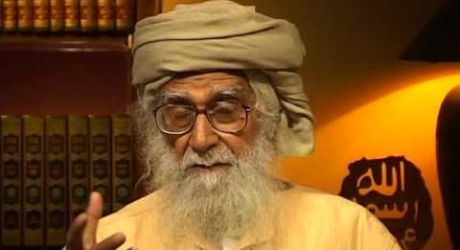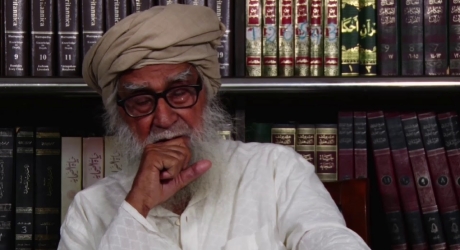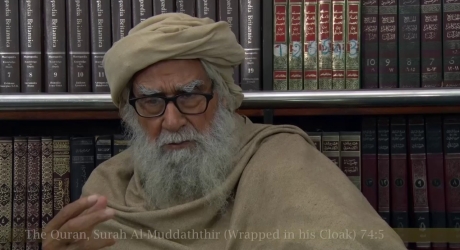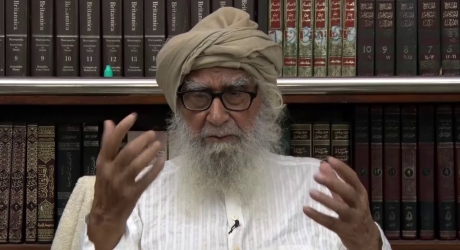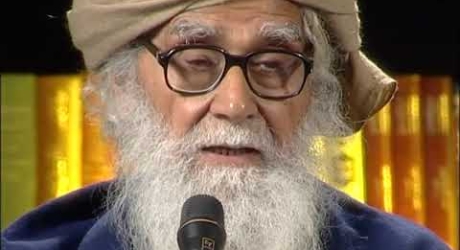One of the qualities of the Prophet of Islam was his great vision, as a result of which he urged his followers to adopt a wise approach in all their dealings. A number of sayings on this subject have appeared in books of Hadith. For instance he observed: ‘We must not feel envy except for two kinds of people: those who, when given wealth, spend generously in the path of Truth, and those who, when given wisdom, judge accordingly and shed its light upon others.’ A companion of the Prophet, Abdullah ibn Abbas said that the Prophet of Islam embraced him and prayed to God to grant him wisdom. (Fathul Bari, 7: 126).
There are numerous examples of the Prophet's model and prohetic wisdom. But Muslims are practically unaware of this. The examples set by the Prophet are not as plain as 2+2 = 4, or 4+4 + 8. Just as the honeybee extracts nectar from flowers, you too have to extract wisdom from events of the Prophet's life. When the Prophet was inflicted with atrocities in Makkah, the Companions of the Prophet numbered around fifty. Hazarat Umar said to the Prophet that they should fight the opponents instead of enduring oppression. The Prophet replied: "Umar, we are very few." (Sirah ibn Kathir 1:441)
If we take the word 'few' in literal sense, we would not be able to discover wisdom of Prophet's reply. What is this wisdom? This wisdom is to re-plan so that confrontation is minimal. Thus, we will be free to carry out dawah, conveying God's message to people. The Prophet's reply had in it implicit that Umar should think of how to re-plan. The Prophet said to Umar that they were few. The Prophet meant: "Umar, you are talking about negative reaction, rather you should think positively. Think of how we should re-plan for dawah." Finally, a time came when the Prophet migrated from Makkah. Migration was an example of re-planning. Migration was not running away.
Some people think migration was flight. Rather, it was re-planning. When the Prophet reached Madinah, he engaged in re-planning for everything. Islam spread so greatly in Madinah. Books tell us: "There remained no house in Madinah which did not have Muslim men and women." (Hayatus Sahaba Vol. 1, p. 221) Although the Prophet said to Umar that they were few, he really meant that Umar should re-plan. If there is no confrontation, we will be free to do our work. Such wisdom is spread throughout the life of the Prophet.






